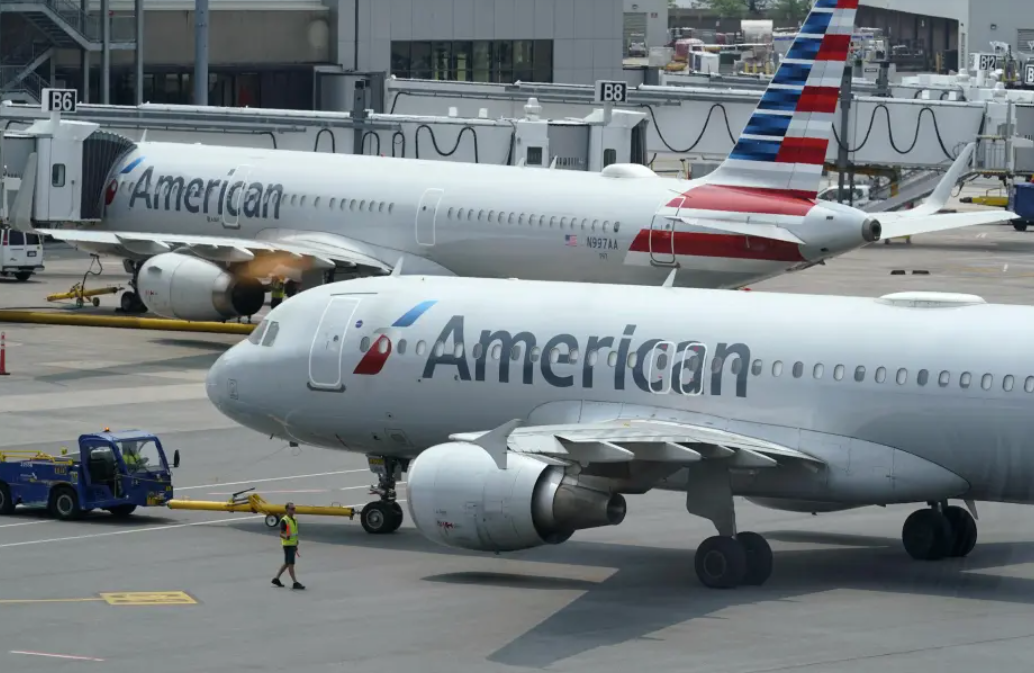Major U.S. airlines are scaling back their flight schedules and revising their profit projections for the year due to a decline in domestic travel demand, as concerns about both the national and global economy grow. American Airlines has withdrawn its financial forecast for 2025, following similar moves by Southwest and Delta, all three citing uncertainty in the economic outlook. A common factor among them is a decrease in sales from leisure travelers, particularly in the economy class.
American Airlines CEO Robert Isom explained that while the company experienced strong performance in the fourth quarter and saw decent business in January, domestic leisure travel significantly dropped off as they entered February. This aligns with findings from a recent poll showing that many Americans fear the country is heading into a recession, with the impact of President Donald Trump’s tariffs contributing to rising prices and uncertainty.
Additionally, there are rising concerns over international travel. Michael Feroli, chief U.S. economist at J.P. Morgan, noted that anti-American sentiment could be affecting foreign visitors, with international travel to the U.S. down about 5% from last year. Feroli speculated that negative press surrounding the U.S.’s trade policies might be a factor in this decline.
Economic indicators are also suggesting a slowdown. Sales of existing homes in the U.S. dropped in March, and consumer confidence hit a four-month low in April. However, despite the economic concerns, widespread layoffs have not yet occurred.
The situation worsened after Trump announced sweeping tariffs on April 2, which caused panic in the financial markets and fueled recession fears, leading consumers and businesses to reduce spending, including on travel. In retaliation, China raised its import tax on American goods to 125%. Trump’s claims of ongoing negotiations with China have been denied by Beijing.
American Airlines stated it would provide an updated forecast when the economic outlook becomes clearer. However, they noted that demand from business travelers and premium seats on international flights remained strong.
Southwest Airlines also announced a reduction in its flight schedule for the second half of the year due to lower demand, and it, too, refrained from offering financial guidance for 2025 and 2026 due to economic uncertainty.
United Airlines has given two potential financial forecasts for the year, depending on whether or not a recession occurs. In response to lower-than-expected demand for economy class tickets, United plans to cut 4% of its domestic flights starting in July.
Delta, which had previously predicted it would have its most profitable year, revised its forecast earlier this month, announcing that it was putting its planned flight expansion on hold due to global trade uncertainty and slower growth. Delta also adjusted its flight schedule to protect its margins and cash flow in a slower-growth environment.
The parent companies of Frontier Airlines and Alaska Airlines also withdrew their 2025 financial guidance due to the same economic factors.














